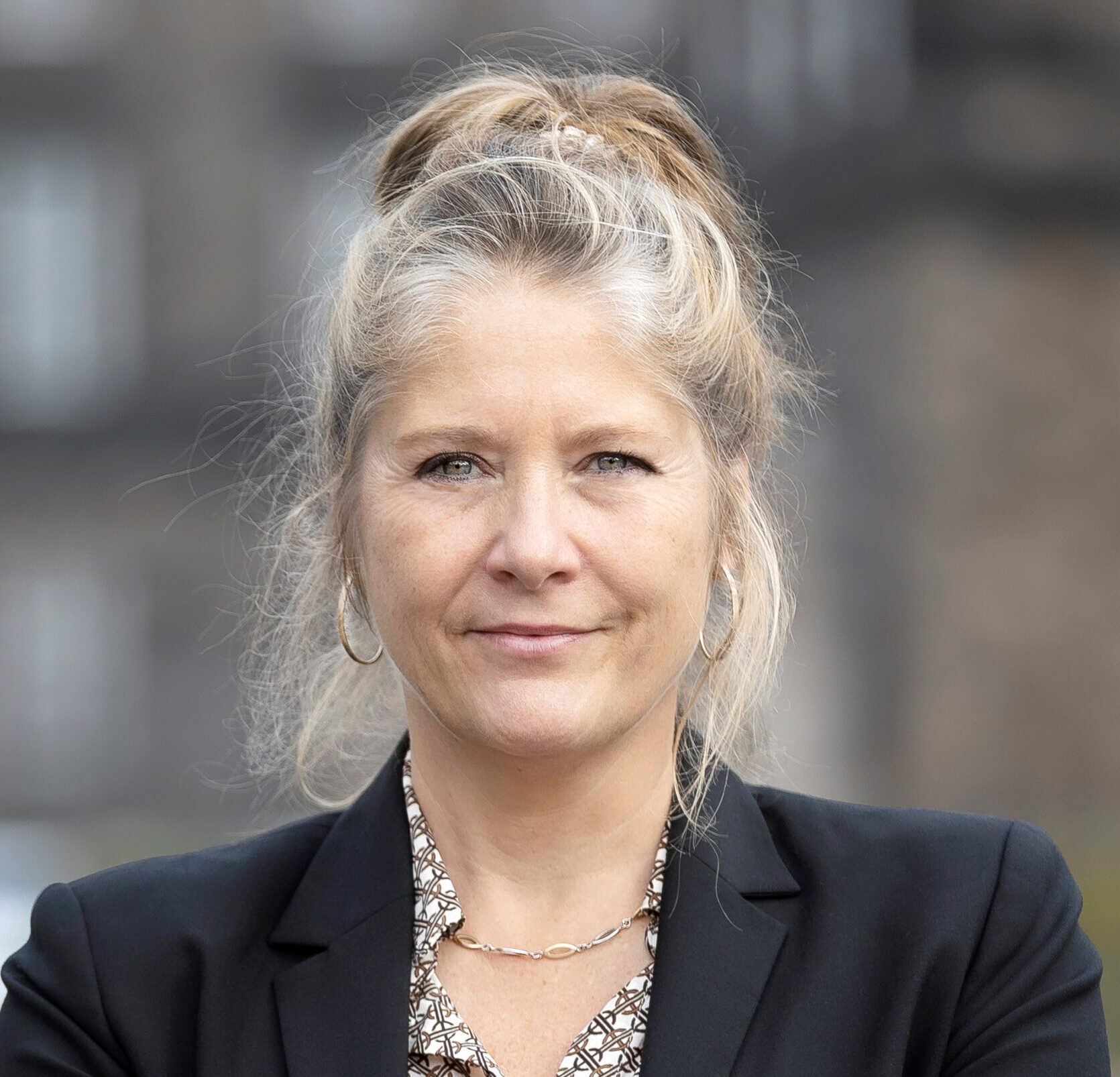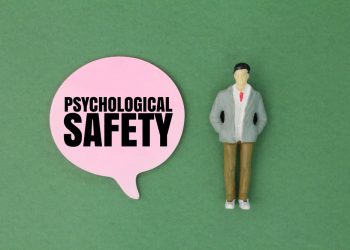Among the complex consequences of the COVID-19 crisis was a major seafarer welfare issue, as crew mobility was minimized amid globally imposed travel bans. In these difficult times, industry had to ensure the safety and health of all seafarers, while IMO has made several calls for seafarers to be designated “key workers”. Thus, this time in our special column ‘Sea Sense’, in association with the North P&I Club, we have asked global experts to provide feedback on the following question:
Are seafarers serving onboard cargo vessels safer from COVID-19 than the general population?
 Jenny N.Braat Jenny N.BraatManaging Director, Danish Maritime |
 David Appleton David AppletonProfessional & Technical Officer, Nautilus International |
|
| Yes – or rather: they could be if we do things smarter. When COVID-19 closed down the world a lot of people got stuck at sea. But now we need to move forward quickly and follow the ideas from IMO and the industry regarding safety. A number of shipping companies have proposed eight ports as hubs for crew changes. In my point of view we need more hubs than that, but I very much support the idea of testing everybody onboarding a ship – and in general on a regular basis when moving site. In that way working on ships would be safer than many other businesses where in practice it has proven very difficult to isolate virus. | Yes. Seafarers would generally be at a lower risk of infection from Covid-19 than the general population. The industry has developed strict protocols to minimize the risk of exposure which cover joining and leaving the vessel as well as the period onboard. In addition to this, when a vessel arrives in a port it will normally do so after a long sea passage where the crew have been isolated from outside contact and the possibility of infection. Unfortunately, these factors have not protected seafarers from being disproportionately affected by the consequences of the pandemic as many administrations still refuse to take seafarers lower risk profile into consideration and facilitate their long overdue repatriation. | |
 Holly Hughes Holly HughesClaims Executive, The North of England P&I Club |
 Capt. John Dickie Capt. John DickieDirector, Joint Development Associates Ltd |
|
| Yes. Crew have largely remained constant with the ability to, to some extent, control those boarding the vessel. This situation has created an enforced “bubble” environment which can provide the crew with protection from transmission when compared to the general population. This coupled with the demographic of seafarers being younger and less likely to suffer from underlying conditions, due to pre-employment medical examinations often highlighting such conditions, results in vessels being a safer environment. However, it is very important to stress that being on board is not completely without risk – mental health problems may become more common in seafarers. For example, the difficulties faced in effecting crew changes, are resulting in some seafarers being unable to return home to their loved ones. This is in addition to the lack of shore leave in many ports and the risks of fatigue. Mental health support remains available for seafarers from the Club’s Mind Call helpline, details of which are available at www.mindcall.org. | Yes. With smaller crews and the reduction of the interface with shore personnel then if the crew COVID-19 free, then they should remain so. But even with this, additional precautions need to be observed to maintain the ship being COVID free. Crew change is only now happening which creates potential problems and the taking of stores for the crew has a set of handling problems but by taking care and taking additional precautions this can be reduced down. The other major factor to be considered is if the ship is trading to an area where there is a high risk of COVID infection. Then special measures through risk assessment need to be taken. Prevention is always better than cure. | |
 Jason Zuidema Jason ZuidemaGeneral Secretary, International Christian Maritime Association |
 Martin Foley Martin FoleyChief Executive Officer, Stella Maris |
|
| Maybe. Ships that remain out at sea seem safer in general, but that creates additional stress and fatigue. Social isolation and extended contracts add pressure that increases risks for other challenges. When ships come into port and when crew members sign on or sign off, they come into contact with the wider port community. For this reason, international bodies like the ITF, ICS, IMO and others have created guidance on PPE and proper procedures for dealing with anyone with whom seafarers will have to come in contact. The International Christian Maritime Association (ICMA) published best practice guidance on gangway visits, transport in vehicles and opening seafarers’ centres. This document provides guidance in how to serve seafarers in a way that protects their health at all times | No. The pandemic crisis impacts the seafarer in more ways than just the disease. Through the wider lens of the Stella Maris chaplain, we see the full impact of the pandemic on all seafarers. The current stress on seafarers is palpable: lack of human interaction outside the crew is leading to tension on board. We are seeing a rise in incidents of self-harm worldwide, and the virus itself is creating fear and distrust leading to some seafarers feeling depressed and like pariahs. As reminded by Pope Francis recently, we need to remember the human on the ship – and recognise their needs: by letting us engage with crews, the industry can ensure seafarers’ mental health is as protected as their physical health. | |
 Lena Dyring Lena DyringDirector, Cruise Operations, Norwegian Seafarers’ Union |
 Sanjam Gupta Sanjam GuptaDirector, Sitara Shipping Ltd. |
|
| No, seafarers on cargo vessels are not safer from COVID 19 than the rest of the population. Ships go to ports to load cargo on or off, they need provisions so interaction with potential sources of contagion is unavoidable. The added risks the seafarers have if they are in fact infected, is that many port and flag states have completely surrendered their obligations under the MLC and other international instruments so sick seafarers have not been medically disembarked when needed, putting them under serious risk of severe illness and worst case, death. The lack of crew changes due to arbitrary travel restrictions by many signatories to the MLC and non-issuances of visas and so forth cause fatigue for seafarers which in turn makes them more susceptible and at risk for infectious diseases such as COVID 19 as well as mental health issues. | Maybe. In today’s uncertain times no one is safe unless they completely isolate themselves, which is not a possibility. While onboard there is limited contact with the outside world, yes they may be safer but then Safer from what- the Corona Virus. But are they healthy? “safe” in the true sense as they are at risk to suffer from exhaustion , suffer from mental health issues with prolonged periods at sea. When the CovID19 situation escalated and lockdowns were imposed, the first thing that came to mind is-Seafarers are safer onboard. Borders were sealed and airports were shut but merchant ships continued to sail the seas, now even more than ever showing their importance of keeping global supply chain is running. While people onshore have the choice restrict their contact with people, there are some things seafarers can’t avoid which puts them at risk. While shore personnel at ports board with all the PPE gear there is still risk to contract the virus. Same holds true for interaction with shore staff, delivery of provisions and spares and during crew changes in ports. Mental strength and a positive attitude is needed. One major concern is their mental health-they hear disturbing news and want to be with their families. Unsure when they can return home the morale is low. While seafarers mental health is by no means something unusual , this time is an unprecedented extended period of time onboard. |



































































